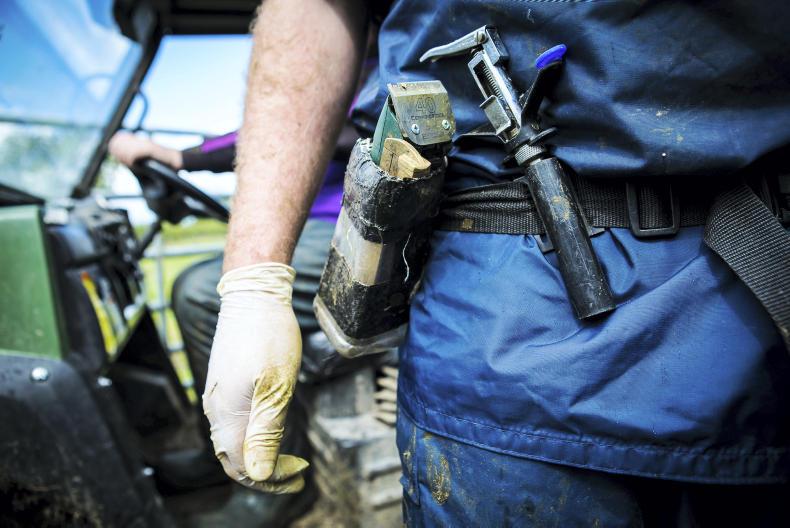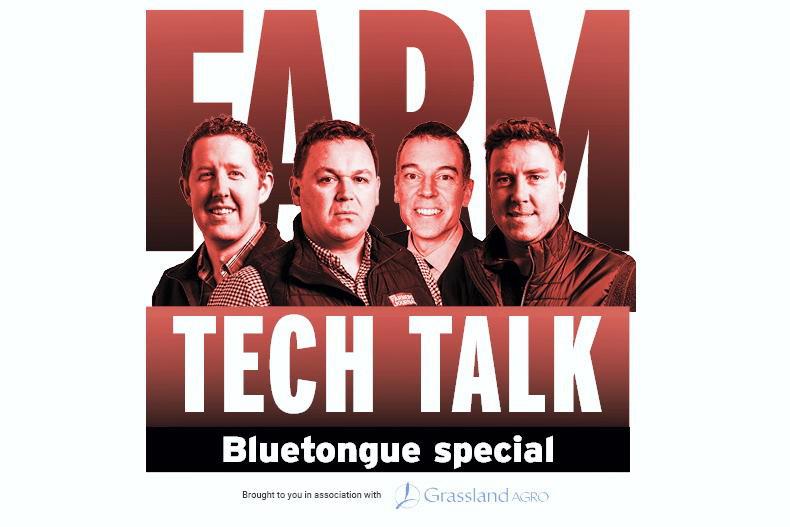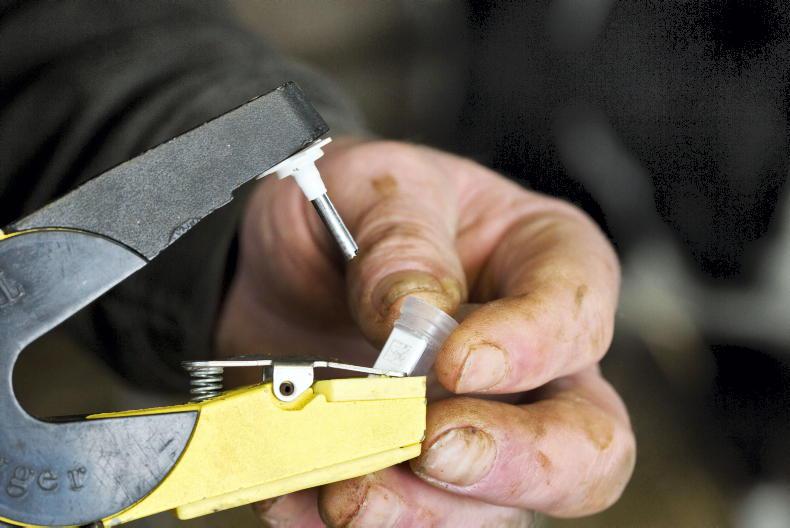Vets around the country are taking every measure possible, including dividing practises into smaller teams, to ensure their services remain available throughout the coronavirus outbreak.
President of Veterinary Ireland (VI) Conor Geraghty said many practises had split into two or three core groups, with no physical contact between them, to ensure that if a member of one contracts COVID-19, the others can step in to ensure the practice remains open.
“Our primary role is to protect animal health and welfare and also, by ensuring the health of the animals we keep and safety of the food we eat, to protect our nation’s health while maintaining the continuation and integrity of the food chain during this emergency,” Geraghty explained.
On a local level, veterinary practises are also working with each other to ensure if one has to close or reduce capacity, then others nearby will step in. However, Geraghty warned it may mean prioritising emergencies.
Protocols
Those attending veterinary practises have been asked to comply with strict new social distancing rules introduced by VI:
All visits are by appointment only.Only one person should attend with their animal. People should wait outside or in the car with their pet until called. If possible, owners are not to hold the animals when the vet examines them.Keep a distance of two metres, do not touch anyone and wash hands correctly.Payments should be made by card where possible.Alan Rossiter of Veterinary Ireland said: “These rules may be onerous, but they are proportionate and necessary and they are to protect you, your families and our staff so that we can remain open.
“Don’t forget, a sick vet means no vet.”
Pets
People who are in isolation have been advised not to let others touch their pets. Rossiter said there was no evidence that the virus could be contracted by animals. However, in theory, it is possible the virus could remain viable for a short period on a pet’s fur or skin.
“Therefore, if in isolation for whatever reason or if you have symptoms, do not let other people touch your pets and keep dogs and cats indoors or, if taking your dog outside for toileting, have your dog on a lead,” he advised.
Experience
Geraghty made reassurances that vets were used to dealing with infectious diseases, with many having first-hand experience of dealing with the Foot and Mouth disease epidemic.
“While on a different scale, the first principles are the same and this experience, as well as the deep medical knowledge and extensive practical training the veterinary profession has, allowed us to adapt virtually overnight to this new situation.”
Read more
Marts shut down across Northern Ireland
Blow for beef trade as McDonald's closes restaurants
Vets around the country are taking every measure possible, including dividing practises into smaller teams, to ensure their services remain available throughout the coronavirus outbreak.
President of Veterinary Ireland (VI) Conor Geraghty said many practises had split into two or three core groups, with no physical contact between them, to ensure that if a member of one contracts COVID-19, the others can step in to ensure the practice remains open.
“Our primary role is to protect animal health and welfare and also, by ensuring the health of the animals we keep and safety of the food we eat, to protect our nation’s health while maintaining the continuation and integrity of the food chain during this emergency,” Geraghty explained.
On a local level, veterinary practises are also working with each other to ensure if one has to close or reduce capacity, then others nearby will step in. However, Geraghty warned it may mean prioritising emergencies.
Protocols
Those attending veterinary practises have been asked to comply with strict new social distancing rules introduced by VI:
All visits are by appointment only.Only one person should attend with their animal. People should wait outside or in the car with their pet until called. If possible, owners are not to hold the animals when the vet examines them.Keep a distance of two metres, do not touch anyone and wash hands correctly.Payments should be made by card where possible.Alan Rossiter of Veterinary Ireland said: “These rules may be onerous, but they are proportionate and necessary and they are to protect you, your families and our staff so that we can remain open.
“Don’t forget, a sick vet means no vet.”
Pets
People who are in isolation have been advised not to let others touch their pets. Rossiter said there was no evidence that the virus could be contracted by animals. However, in theory, it is possible the virus could remain viable for a short period on a pet’s fur or skin.
“Therefore, if in isolation for whatever reason or if you have symptoms, do not let other people touch your pets and keep dogs and cats indoors or, if taking your dog outside for toileting, have your dog on a lead,” he advised.
Experience
Geraghty made reassurances that vets were used to dealing with infectious diseases, with many having first-hand experience of dealing with the Foot and Mouth disease epidemic.
“While on a different scale, the first principles are the same and this experience, as well as the deep medical knowledge and extensive practical training the veterinary profession has, allowed us to adapt virtually overnight to this new situation.”
Read more
Marts shut down across Northern Ireland
Blow for beef trade as McDonald's closes restaurants









SHARING OPTIONS